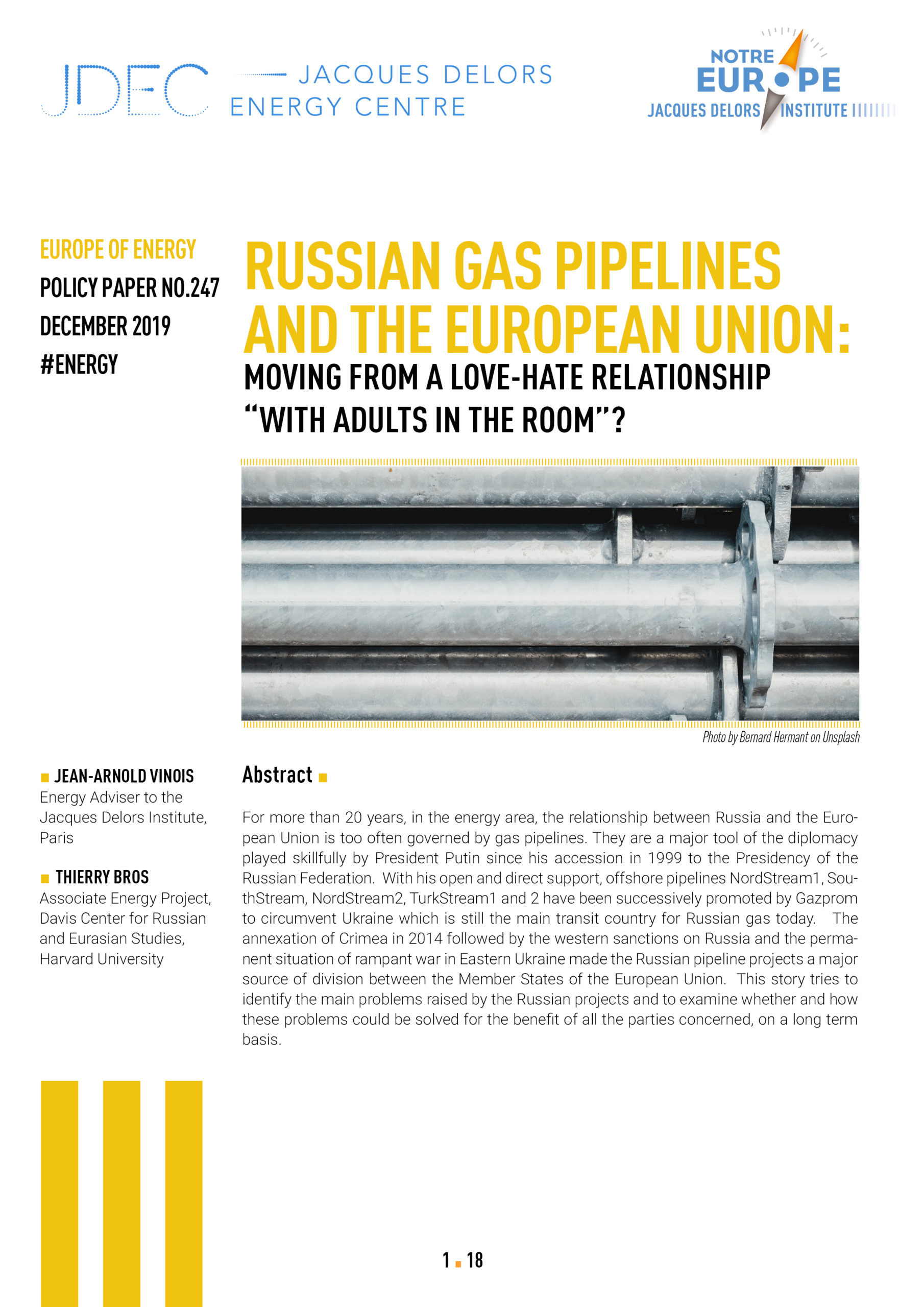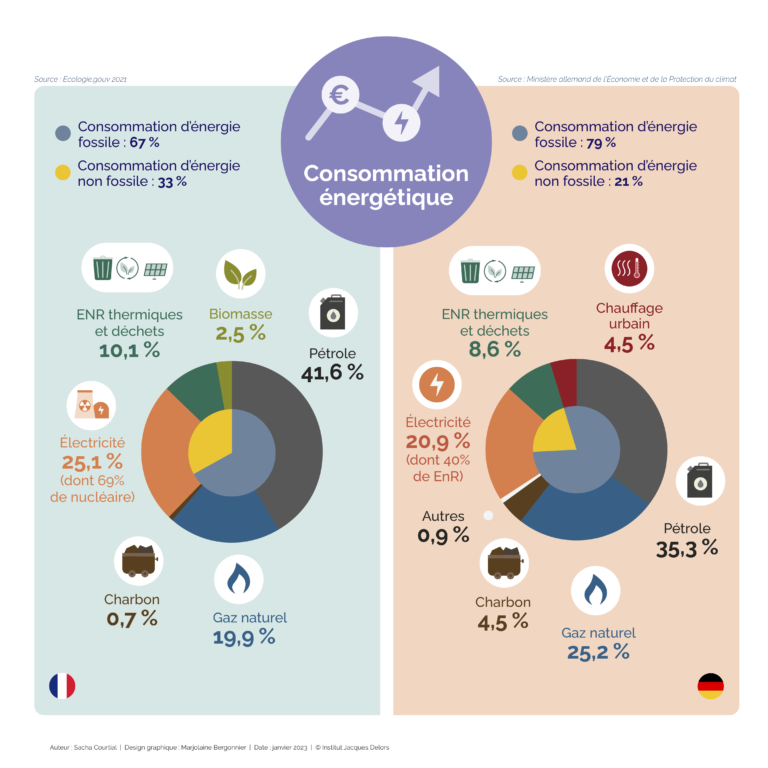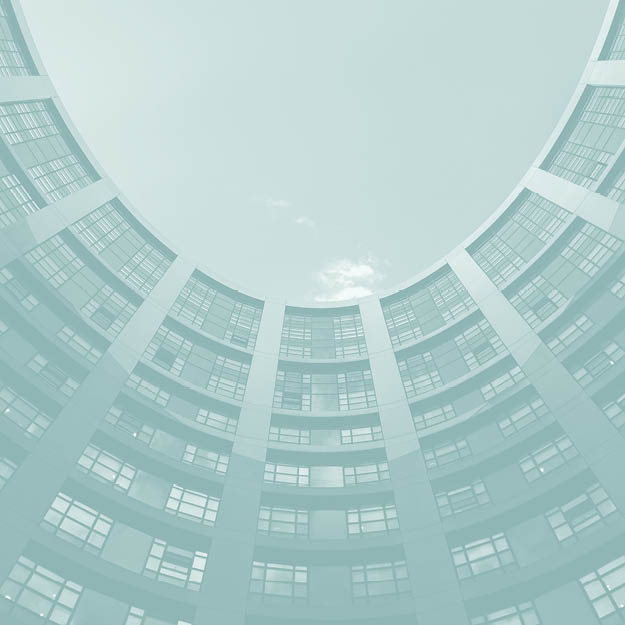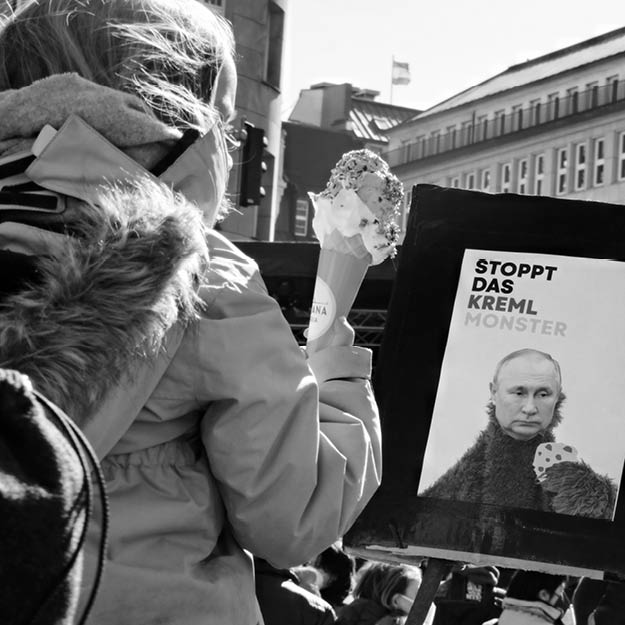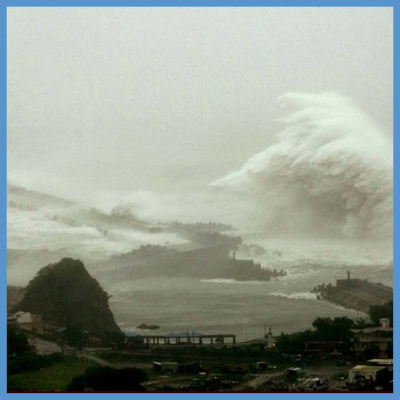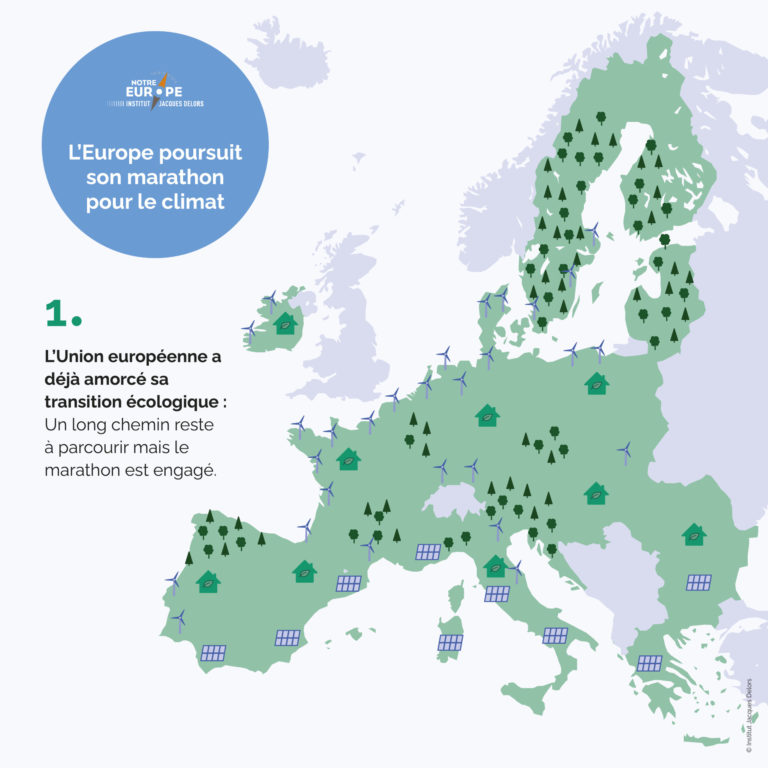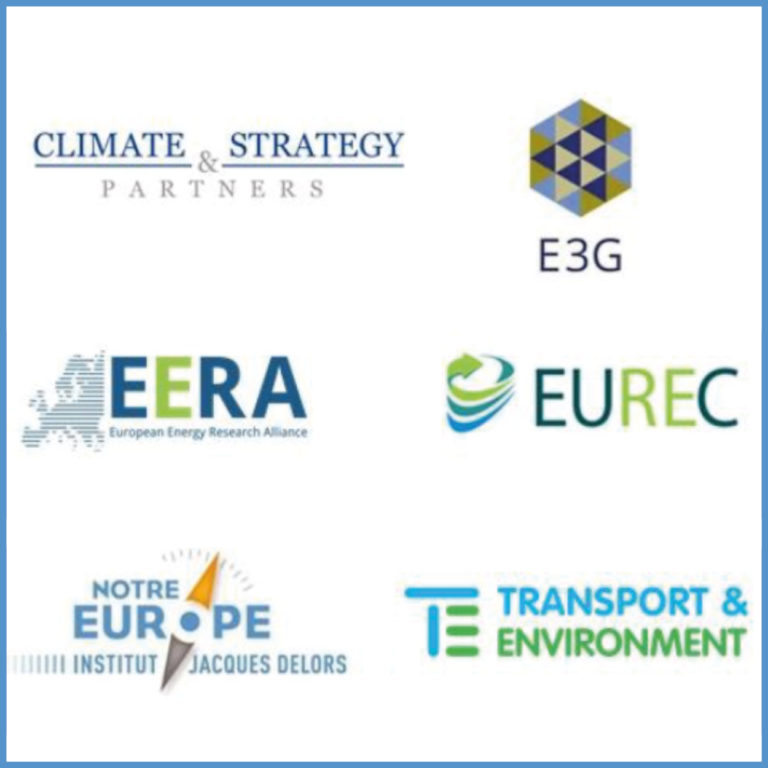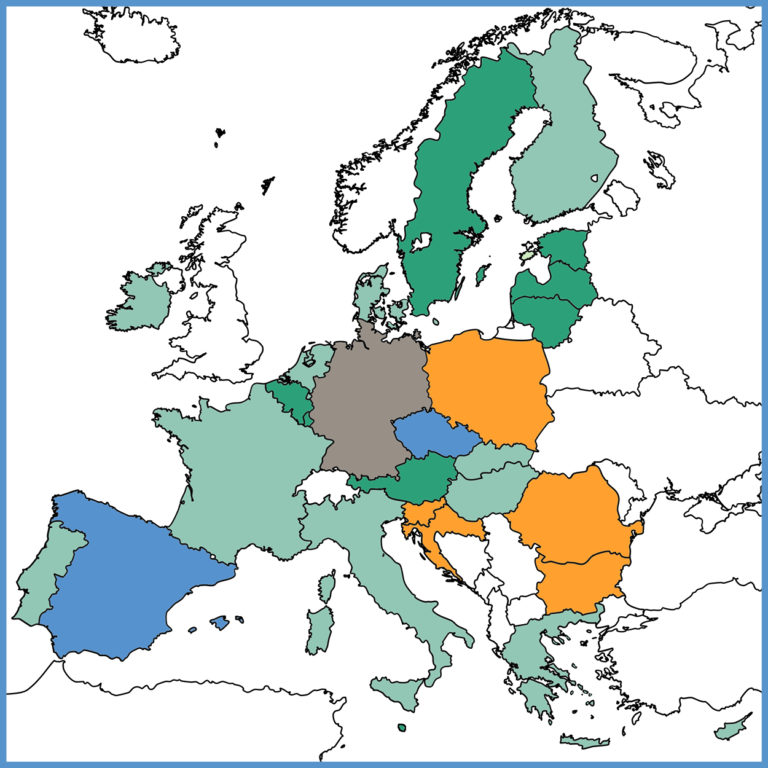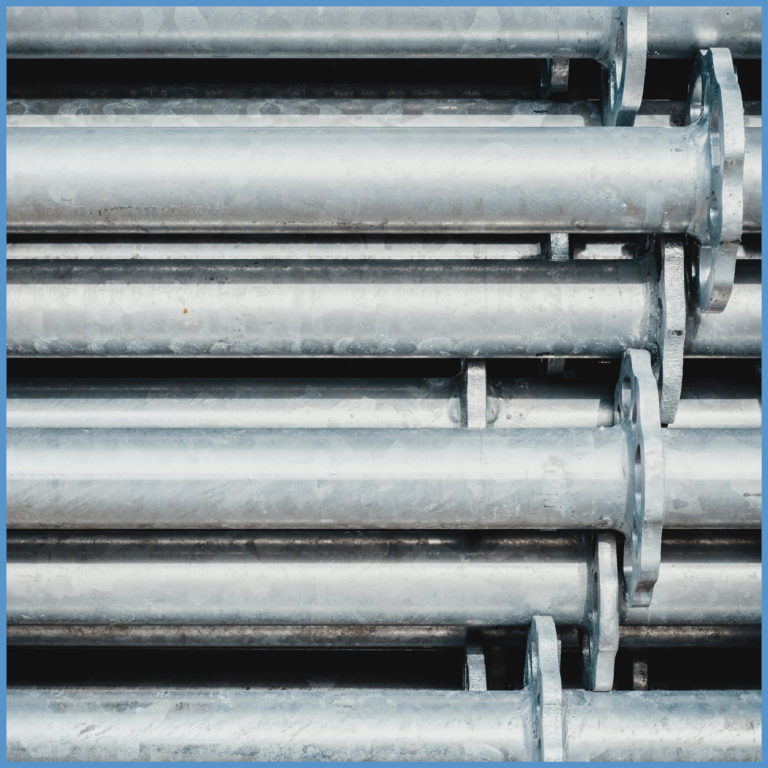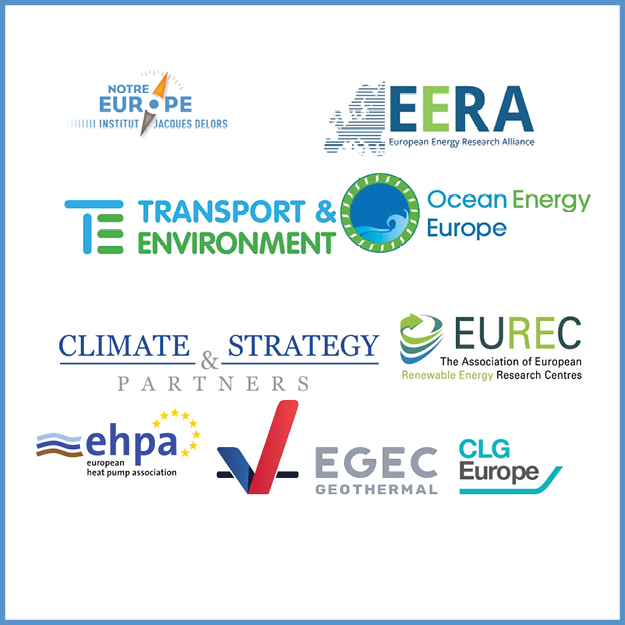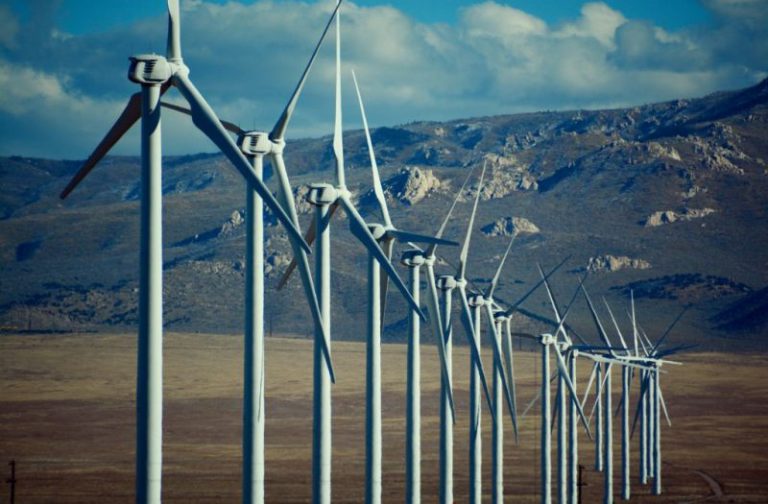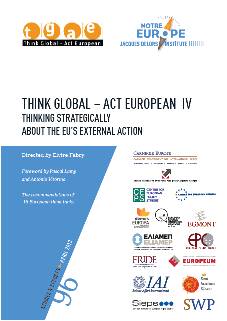Policy Paper 247
Russian gas pipelines and the EU: moving from a love-hate relationship “with adults in the room”?
Cette publication est disponible en anglais.
A policy paper, by
Jean-Arnold Vinois, Energy Adviser to the Jacques Delors Institute, Paris,
and Thierry Bros, Associate Energy Project, Davis Center for Russian and Eurasian Studies, Harvard University.
For more than 20 years, in the energy area, the relationship between Russia and the European Union is too often governed by gas pipelines. They are a major tool of the diplomacy played skillfully by President Putin since his accession in 1999 to the Presidency of the Russian Federation. With his open and direct support, offshore pipelines NordStream1, SouthStream, NordStream2, TurkStream1 and 2 have been successively promoted by Gazprom to circumvent Ukraine which is still the main transit country for Russian gas today. The annexation of Crimea in 2014 followed by the western sanctions on Russia and the permanent situation of rampant war in Eastern Ukraine made the Russian pipeline projects a major source of division between the Member States of the European Union. This story tries to identify the main problems raised by the Russian projects and to examine whether and how these problems could be solved for the benefit of all the parties concerned, on a long term basis.
SUR LE MÊME THÈME
ON THE SAME THEME
PUBLICATIONS
The EU framework on energy communities

Allemagne — France
Différences et convergences

La Communauté politique européenne

Cessons de nourrir l’ours

[EN] What do we mean when we talk about energy citizenship?

[EN] Setting the scene for a critical exploration of the roles of citizens in the European energy transition

Contre la pandémie et pour le climat :
la science et l’innovation

L’Europe poursuit son marathon pour le climat

Jacques Delors Institute supports letters to EC Vice Presidents

L’Europe sans charbon

What is the scope of the EU external Competence
in the field of energy today?

Pour aider à lutter contre le changement climatique, nous soutenons l’augmentation du budget de recherche et d’innovation d’Horizon Europe

Mobilités propres : la voie européenne

Un nouveau chapitre dans les relations énergétiques euro-algériennes

Think Global – Act European IV. Thinking Strategically about the EU’s External Action
La solidarité européenne : où en sommes-nous ? Faut-il la renforcer et comment ?

MÉDIAS
MEDIAS
Une loi spéciale en attendant un budget : les conséquences pour l’écologie

AUX ARMES, CITOYENS

À Chișinău, la grande bascule énergétique










